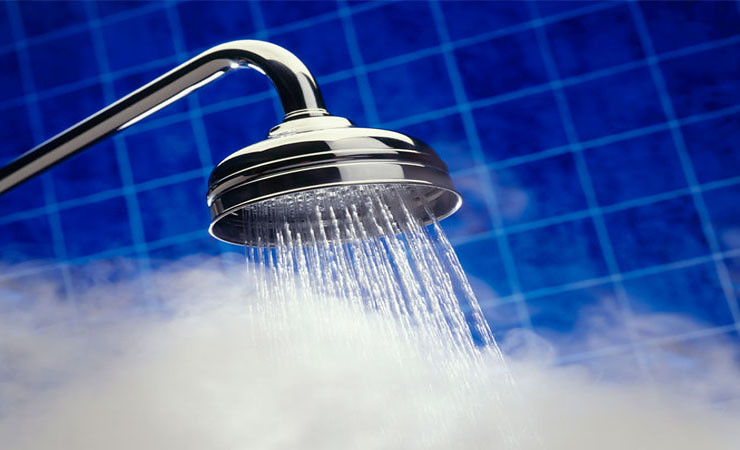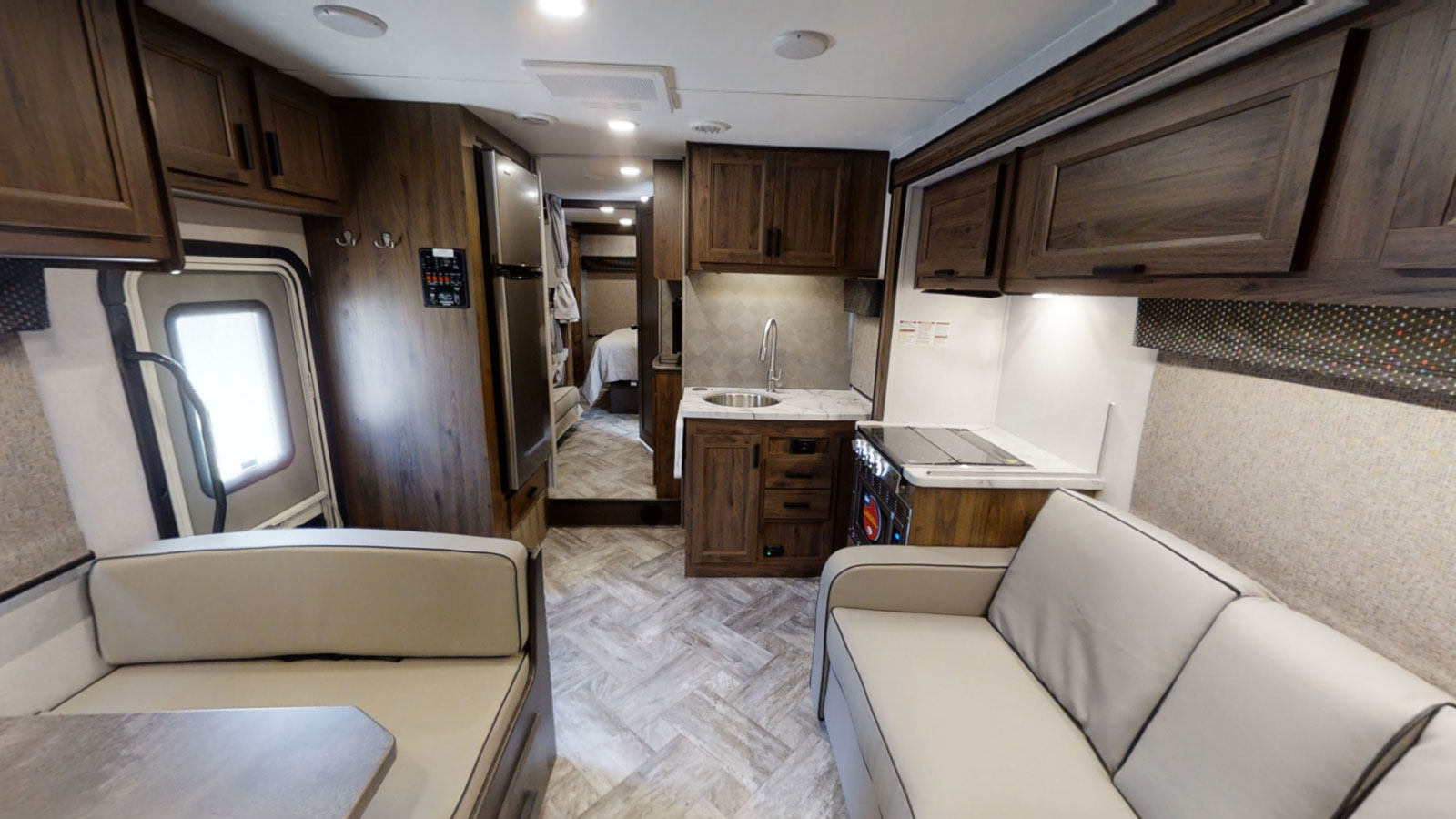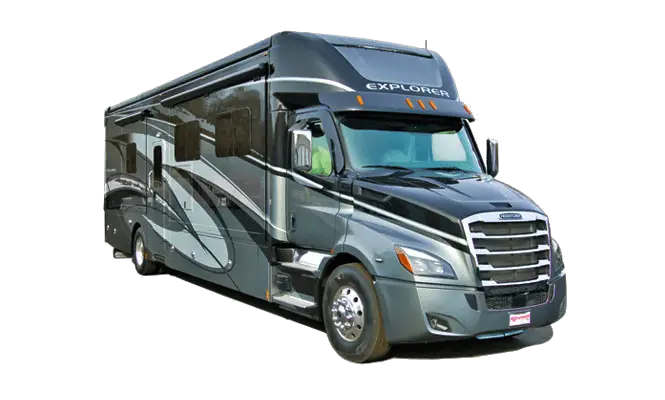There is nothing like a nice long hot shower after an active day on the trail
We have all been there, Set up our site, and headed out for a day of hiking or just exploring the area. It’s the middle of summer, and coming back to camp dirty and dripping with sweat. The first thing you are wanting is a nice hot shower, to wash up and prepare for a relaxing night around the campfire. You flip the switch for the water heater in the RV and grab your shower supplies.
Suddenly you realize that the hot water heater is not kicking on and your hopes of bliss are quickly dashed. What could possibly be going on? It was just working the last time we were out. Let us help with a little troubleshooting for the water heater in your RV.
What is an RV hot water heater?
Simply put, an RV water heater provides hot water to your RV’s water fixtures. Depending on the type of water heater your RV has, it could be on-demand or you may need to wait a few minutes for your water to get to temperature. Just like at home with your sticks and bricks, but on a much smaller scale.
RV water heaters are either gas, electric, or a combination of the two. A combination water heater will provide the most flexibility in terms of camping styles.

First, we need to know what power source runs out hot water heater
What types of RV hot water heaters are there?
Propane
RV gas water heater is one of the best and different types of RV water heaters. You need pilot lighting along with a long match for using this type of water heater. Some gas water heaters are also available with automatic ignition. You should know it not only warms the water but also makes the water source hot.
Electric
This is definitely the most user-friendly type. Just flip the switch and in no time your hot water supply is ready to use. No pilot light to worry about not lighting. Needs to have 120V from a shore power hookup source to run.
DSI
DSI stands for Direct Spark Ignition. The DSI RV water heaters are the most common among different types of RV water heaters. They are also known as modern water heaters with specialized features and specifications.
They are fully automatic as when the tank of the heater gets filled, just flip a switch to turn the heater on. This water heater is mainly controlled and operated by the printed circuit board.
If I had to guess, this is the type of hot water heater your RV is equipped with.
Propane/Electric both
The best types of RV water heaters include a propane/electric combo of water heaters. A heating element has been installed inside the water storage tank of the heater. You can operate this water heater on propane as well as using electric power.
Even more, it is two water heaters in one so that you can operate it on either propane or electric power. When there is a lack of propane, you can operate it using electric power. And if you do not have an electric source, you can use propane for operating the water heater. Moreover, this water heater also provides faster water heating than others.
The heat from the RV Engine
MotorAid RV water heater is one that has an option or feature that is helpful in increasing the capacity of the engine cooling or heating system.
It helps in recycling the heat of the engine by circulating it around the tank which results in heating the water when you reach your destination. It is because the normal temperature of the engine heats it. You may need electricity or propane for continuing heating the water.
RV generator is something else that gives us fits – Why does my generator keep dying?

RV Hot Water Heater Troubleshooting
Need water
No hot water – If you have no hot water, check to see if the bypass valve is in the correct position. The bypass valve is used for winterizing. Perhaps you forgot to switch the bypass valve back?
Check for open faucets. If you have more than one faucet open at the same time, cold water will flow from one and hot from the other. RV hot water heaters are small and cannot handle having two faucets open at the same allowing for hot water to flow to both.
No Spark
Propane won’t light – Check to see if the burner nozzle is clogged. Spiders and other insects like the smell of propane and they will get inside the gas supply tube, which will cause the burner not to light. Check to be sure the exhaust area is clear too.
If your RV has been in storage you may need to bleed air out of the line. This takes time, so be patient.
If you have an electronic ignition for your hot water heater and it’s clicking, you should check for corrosion, or check to see if it’s loose or has loose wires.
What’s that smell
Hot water odor – Does your hot water have a rotten egg smell? Bacteria in your tank will cause the smell, especially if the water is stale from sitting too long. Yes, water can go stale, but it is easy to remedy.
Turn off the hot water heater and let it cool off. Drain and flush the tank. Flushing the tank first will get rid of any loose sediment. Use household bleach to sanitize the tank. Use 10 gallons of water to 5-6 ounces of bleach. This should sit for a bit while it’s doing the work. Flush out the bleach until the smell is gone. This most likely will need to be repeated a few times. Close up the tank and fill up the hot water tank again.
More issues
Noisy propane burner – Does your propane burner make loud noises? An improperly tuned propane burner will make a “roaring” sound. Too much air mixing with the propane will cause this sound.
Slow hot water flow – Mineral deposits can build up on the little screen that is inside of the faucets, which will cause slow water flow. A vinegar soak will help take care of this. Soaking the faucets in vinegar should dissolve the calcium deposits. Heat the vinegar in the microwave so it’s warm, not boiling. Repeat if necessary.
Sooting – Check the exhaust area on the outside of the RV for sooting. The following could result in a soot problem; LP gas pressure, dirty orifice, dirty burner, misaligned burner, and a blocked exhaust grill. You may need an expert to check into these to ensure proper repairs.
Our generators are something else that gives us fits – Why does my generator keep dying?
RV Water Heater Troubleshooting
RV water heater not working? Dometic water heater troubleshooting can be tough without knowing exactly how your unit works. When it comes to troubleshooting RV hot water heaters, it is best practice to first make yourself familiar with the type of RV water heater you have, and how it works.
Make yourself familiar with your Hot Water Heater
Cleaning and Maintenance
When it comes to RV hot water heater troubleshooting, proper care and maintenance are a must. It is much easier to get in to look at the water heater RV bay when you know it is clean and free of buildup.
Remember when opening the RV hot water heater cover, you could run across a few flying friends that most likely will not be happy to see you.
This attack has happened to me in the past and it definitely was not a fun experience. You can protect yourself with a set of screen covers like the one I installed from RV GUARD BUG SCREENS (see below)

Quick and easy to install and look nice.
How much does it cost to replace my water heater in the RV?
Typical, RV hot water heater costs between $400 – $1100 to replace. There are some smaller models that are cheaper and also some much bigger. The above cost is for a common 6-gallon tank. Atwood is the better quality tank and it will be towards the upper end of that range.
Here are a few options below if you are in need and would like to check them out on Amazon
Economy Tankless Gas Water Heater
Quality Tankless Gas Water Heater
Quality DSI Gas/Elec Water Heater
How long will it take to replace my RV hot water heater?
To replace yourself, you are looking to spend 2 -3 hours on it. Of course, this also depends on your comfort level taking on a project of this size. If you are more mechanically inclined, I would not be surprised to see the job completed in under 2 hours.
Times will also need to take into account the size, type, and also location of your RV hot water heater. Mine is buried under my bed and it will take an extra 30 minutes just to pull the bed out.




